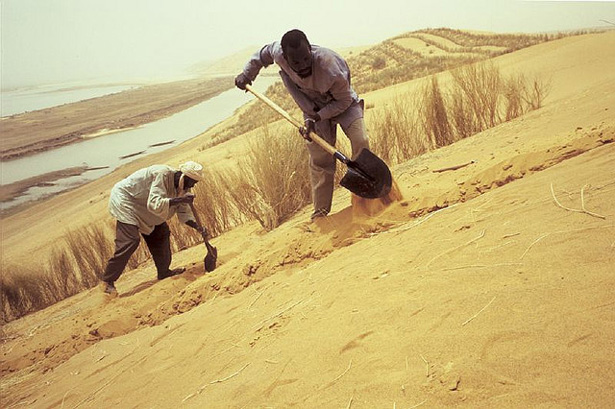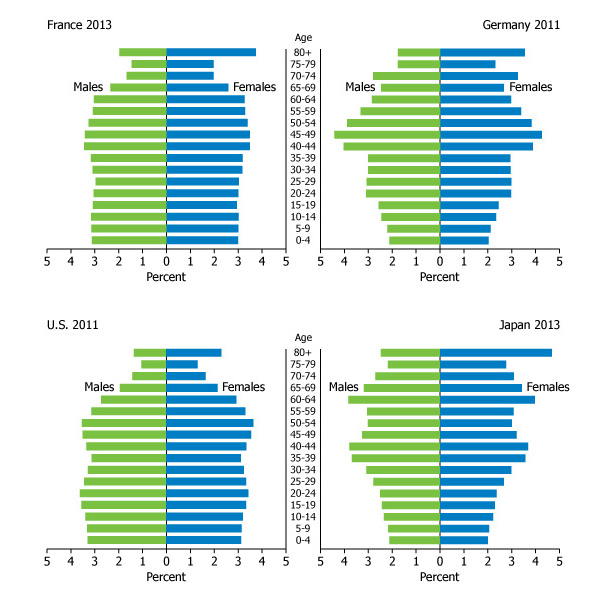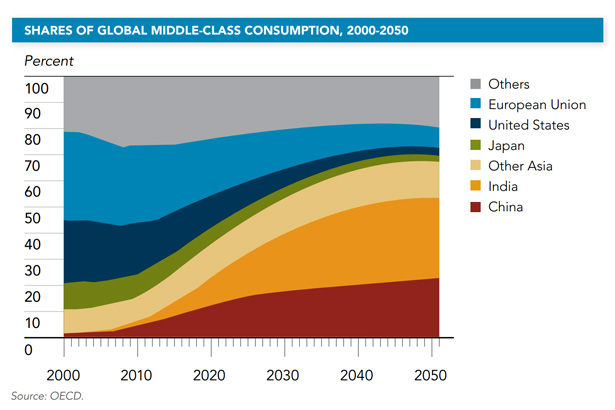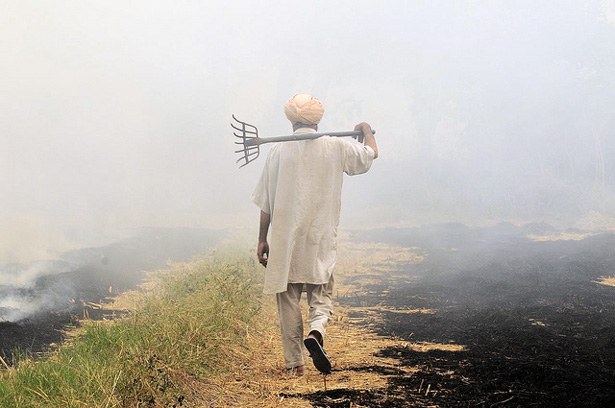-
Spring Thaw: What Role Did Climate Change and Natural Resource Scarcity Play in the Arab Spring?
›
Several high-profile reports in the last few months have suggested that climate change and natural resource scarcity contributed to the events that have rocked the Middle East and North Africa (MENA) since December 2010. Thomas Friedman is apparently working on a Showtime documentary about the topic. But what exactly was the role of environmental factors in the mass movement?
-
Putting Mali Back Together Again: An Age-Structural Perspective
›May 9, 2013 // By Richard Cincotta
Once considered a model for Sahelian democracy, Mali’s liberal regime (assessed as “free” in Freedom House’s annual survey of democratic governance continuously from 2000 to 2011) virtually disintegrated in March 2012 when a group of junior army officers, frustrated by the central government’s half-hearted response to a rebellion in the state’s vast northern tier, found themselves – somewhat accidently – in control of the state.
-
Carl Haub, Demographics Revealed
A Tale of Four Pyramids
›April 30, 2013 // By Wilson Center StaffThe original version of this article, by Carl Haub, appeared on Demographics Revealed.
There has been quite a bit made in the media and in blogs about low birth rates in industrialized countries. Quite correctly, many people (and countries!) are concerned that unprecedented aging and a dearth of younger people are leading to serious pressure on national budgets from a rising burden of support for the elderly because of a declining group of tax-paying workers. But the situation is far from equal everywhere, and less is written about that.
-
Petro-Aggression: When Oil Causes War
›
One year ago, the United States government froze all property of the Central Bank of Iran and other Iranian financial institutions within the United States. The move was part of a broader effort to compel the Islamic Republic to give up its alleged nuclear weapons program. How is it working out?
-
Demographic and Environmental Dynamics Shape ‘Global Trends 2030’ Scenarios
›
“However rapid change has been over the past couple decades, the rate of change will accelerate in the future,” states the newest quadrennial report from the National Intelligence Council (NIC), Global Trends 2030: Alternative Worlds. Released late last year, the report identifies the “game-changers, megatrends, and black swans” that may determine the trajectory of world affairs over the next 15 years, including demographic dynamics and natural resource scarcity. [Video Below]
-
East Asia’s Many Maritime Disputes and the Imperative of Energy Access
›Friction between Japan and China in the East China Sea has escalated this year to the point where jets on both sides have been scrambled and Chinese military vessels have locked their fire control radar onto their Japanese counterparts multiple times. The source of this tension is the Senkaku (as they are known in Japan) or Diaoyu (if you’re in China) Islands – specifically, who owns them.
-
Breaking Out of the Green House: Indian Leadership in Times of Environmental Change (Book Preview)
›
The 2009 Copenhagen summit was a watershed moment in the history of climate change negotiations, especially from an Indian perspective. Brazil, South Africa, India, and China – the “BASIC” group – asserted their position, which led to a virtual collapse in talks, ostensibly marking the ascent of the global “south” and relative descent of the “north.”
-
Cleo Paskal and Uttam Sinha on the Geopolitical Implications of Climate Change for India and China
›India and China – “the two most important countries going forward in this century” – will both experience domestic concerns as a result of environmental change, but they are responding very differently, said Cleo Paskal, an associate fellow at Chatham House, in an interview with the Environment, Conflict, and Cooperation (ECC) Platform.
Showing posts from category foreign policy.









